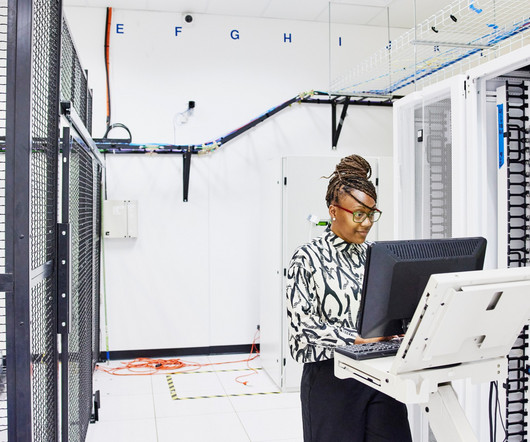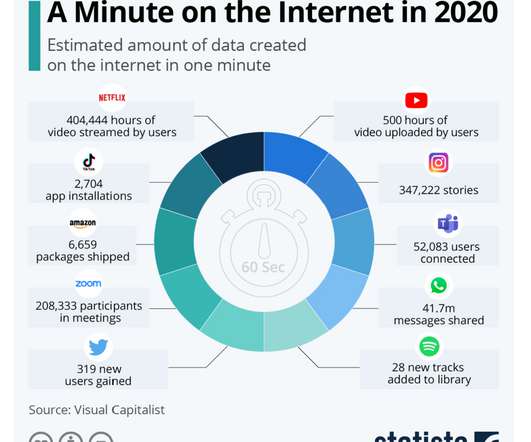Synthetic data generation: Building trust by ensuring privacy and quality
IBM Big Data Hub
NOVEMBER 29, 2023
With the emergence of new advances and applications in machine learning models and artificial intelligence, including generative AI, generative adversarial networks, computer vision and transformers, many businesses are seeking to address their most pressing real-world data challenges using both types of synthetic data: structured and unstructured.



















Let's personalize your content